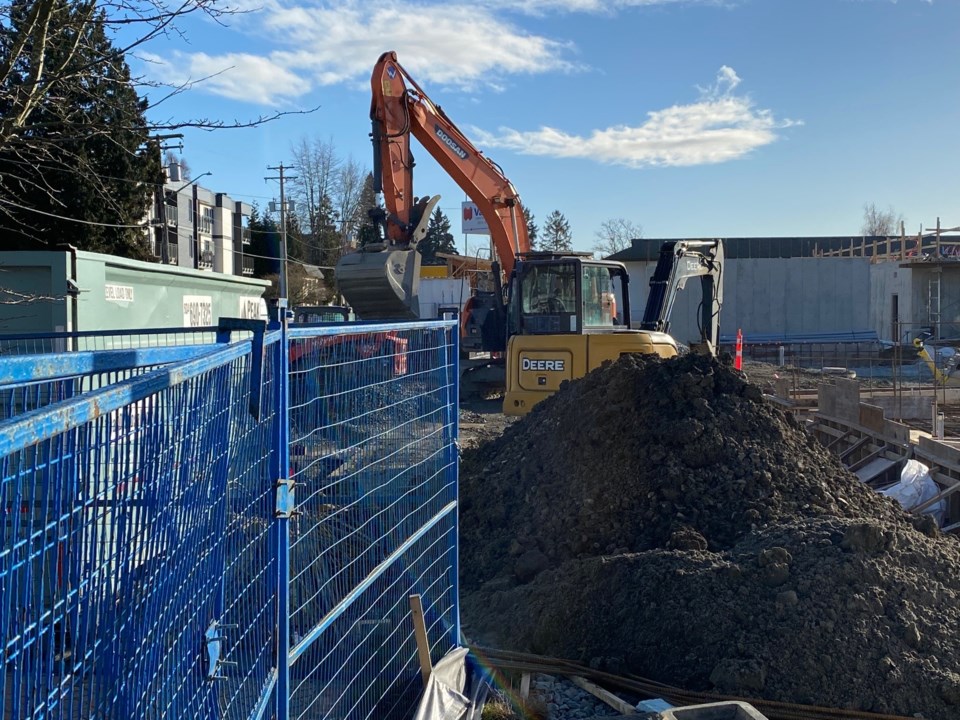Rental-only zoning is coming to the City of Delta, B.C.
A recent staff report to council notes that Delta continues to take steps to secure the provision of rental housing.
In line with provincial legislation, Delta has started to implement rental-only zoning for new purpose-built rental developments, and staff will continue to explore the use of rental-only zoning when feasible.
Community planning director Marcy Sangret told the Optimist that the city, however, currently does not have any plans to implement rental-only zoning for properties or areas that are not proposed for redevelopment.
Staff will continue to recommend rental-only zoning in cases where new development projects include committed purpose-built rental components.
Recent examples include a development at 93A Avenue and 120th Street in North Delta, which includes a building containing 50 rental units secured through zoning, the Affordable Housing Societies’ Evergreen Lane rental apartment buildings with 198 affordable rental units secured through zoning, KinVillage’s Phase one project with 152 affordable seniors’ units secured through zoning, as well as the “Clara” apartment proposal at 56th Street and 14B Avenue with 48 market rental units to be secured through zoning.
According to the city’s Housing Needs Assessment, which guided the creation of Delta’s Housing Action Plan, the amount of primary, purpose-built rentals in the city only accounts for approximately five per cent of Delta's housing stock, while increases in household incomes are not keeping pace with the increases in rents or home sale prices.
The action plan contains a series of recommendations for rental housing including protecting renters who are in more affordable, older units.
To be developed, the main actions identified to support tenants and protect the city’s limited rental stock include developing a tenant relocation policy and a rental stock protection policy.
A tenant relocation policy reduces the negative impacts of redevelopment on existing tenants by ensuring they have adequate time to find new housing, are properly compensated where necessary, and, in some cases, receive priority for new units in the development.
A rental stock protection policy would ensure that redevelopment doesn’t lead to a net loss of rental units by requiring that when purpose-built rental units are redeveloped, the same or more new rental units would need to be part of that redevelopment.




